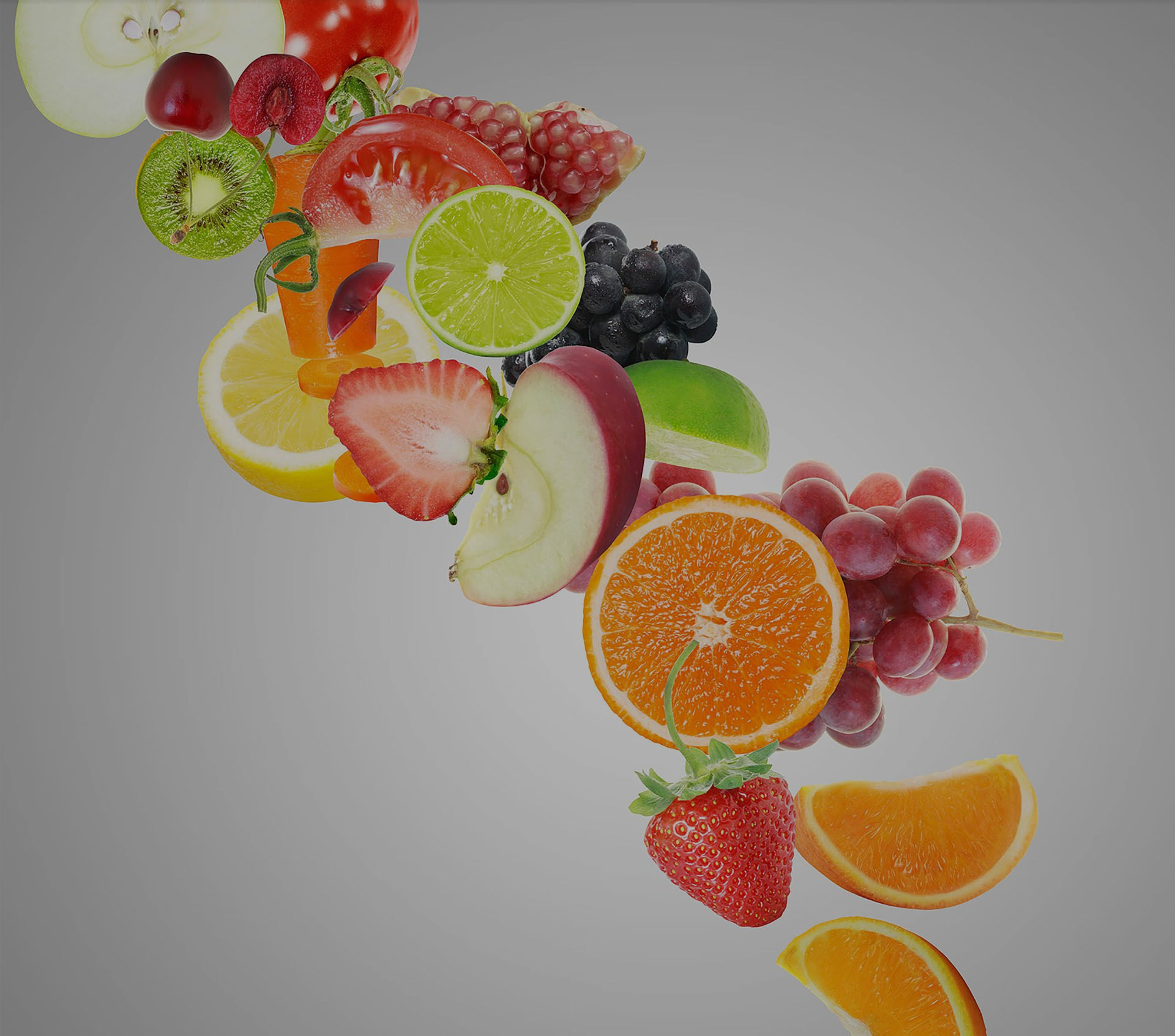They represent the primary source of energy. Moderate amount of carbohydrates is essential in the daily diet. If eaten moderately (rotated), they promote health while their excessive use can lead to chronic non-communicable diseases (HND), diabetes, obesity, cancer and cardiovascular disease.
The carbohydrates include cereals and wheat products, fruit, vegetables, legumes, cereals, sugar concentrates and others. Nutritional value of cereals and products lies in the high content of complex carbohydrates, but they are scarce in some essential amino acids, iron and calcium. Cereal products should be combined with meat, dairy products, vegetables and fruit. If people do not eat meat for any reason, they need to combine grains with fruits, legumes with vegetables in order to provide necessary nutrients for zhe body. There are complex and free (simple) carbohydrates.
Complex carbohydrates are healthy and essential in the daily diet. They can be divided into starch (potatoes, bread, pasta, rice) whose usage should be limited, and fiber (cabbage, green beans, broccoli, oats), whcich can be used daily as they provide essential trace elements and a prolonged feeling of satiety. Vegetable fibers can be divided into water-soluble (important for the regulation of diabetes, maintain optimal lipid) and insoluble (act on prevention of digestive disorders). Free(simple) sugars (white and brown sugar, fruit, honey, confectionery products) are the most present in cookies, cakes, sweet drinks, sweets, ice cream, flaky dough and a variety of spreads. Any excess of glucose to which sucrose (white sugar), starch (a complex sugar) and other sugars degrade, are all stored as a reserve of energy in the liver and muscles as glycogen, and then the excess is converted into fat and deposited in the fat cells which can lead an increase in cholesterol and triglycerides. Excessive usage of white sugar causes caries, severe metabolic disturbances and leads to diabetes. The best solution are artificial sweeteners due to aspartame, which has a carcinogenic effect and a large glycemic index (GI). The best quality belongs to natural sweeteners obtained from plants, fruits and cereals (stevia and agave). Agave syrup is obtained from tree plants, is sweeter than regular sugar, but has a low GI. Stevia can be found as a ground plant, in tablet, liquid form of the extract. Dried fruits, which are full of vitamins and minerals, in limited quantities can be used as a sweetener. Honey is healthy, has curing properties and can be used sparingly as a drug (for malnutrition, children, athletes, pregnant women). Sugarless gum can be helpful in reductive diet, but they should be limited to three pieces a day.
Industrial juice (100% fruit), carbonated and energy drinks are full of sugar. Mineral water and coca cola contain phosphoric acid, and it reacts with calcium, magnesium and zinc in the colon. Magnesium, zinc, sodium electrolytes and water that should have gone into bones and body are linked to the phosphoric acid and go out of the body. One glass of Coca-Cola contains 6 teaspoons of sugar. Instead of industrial juices, fresh squeezed juices, diluted with water, are recommended.


